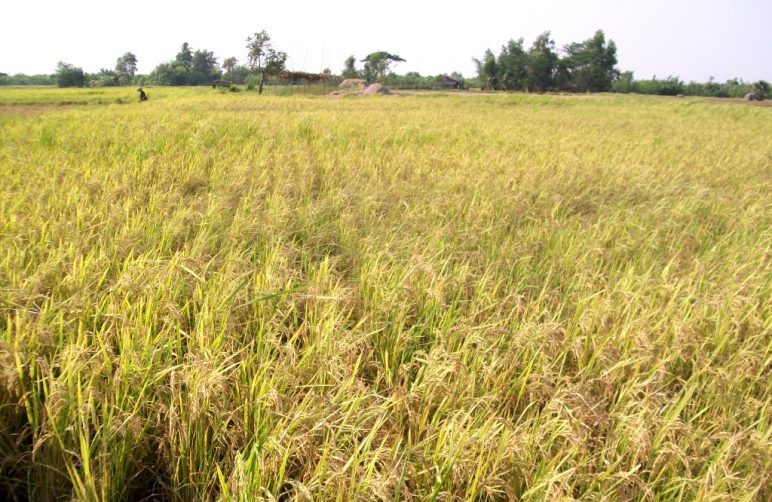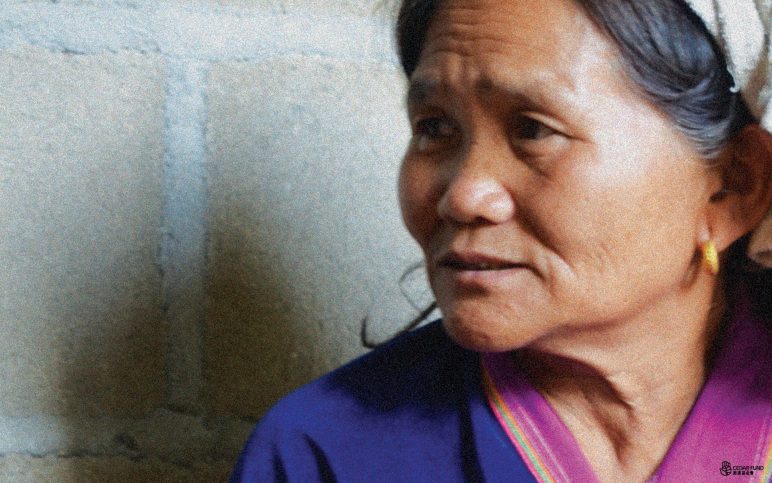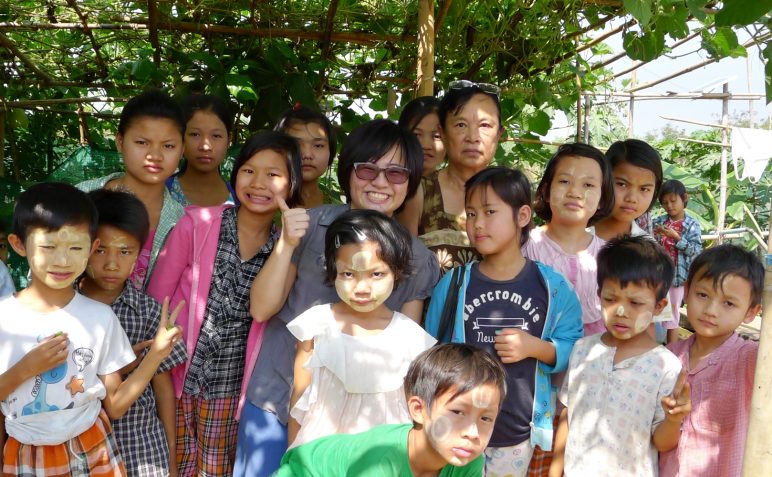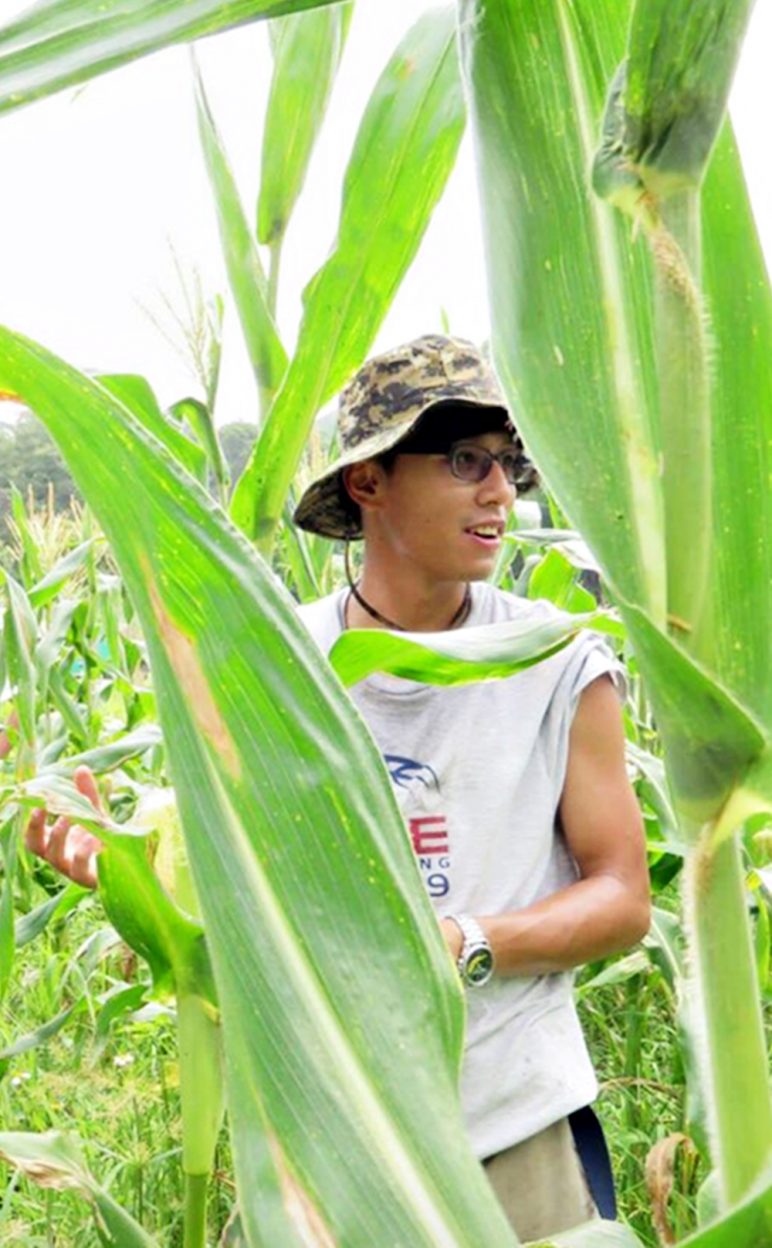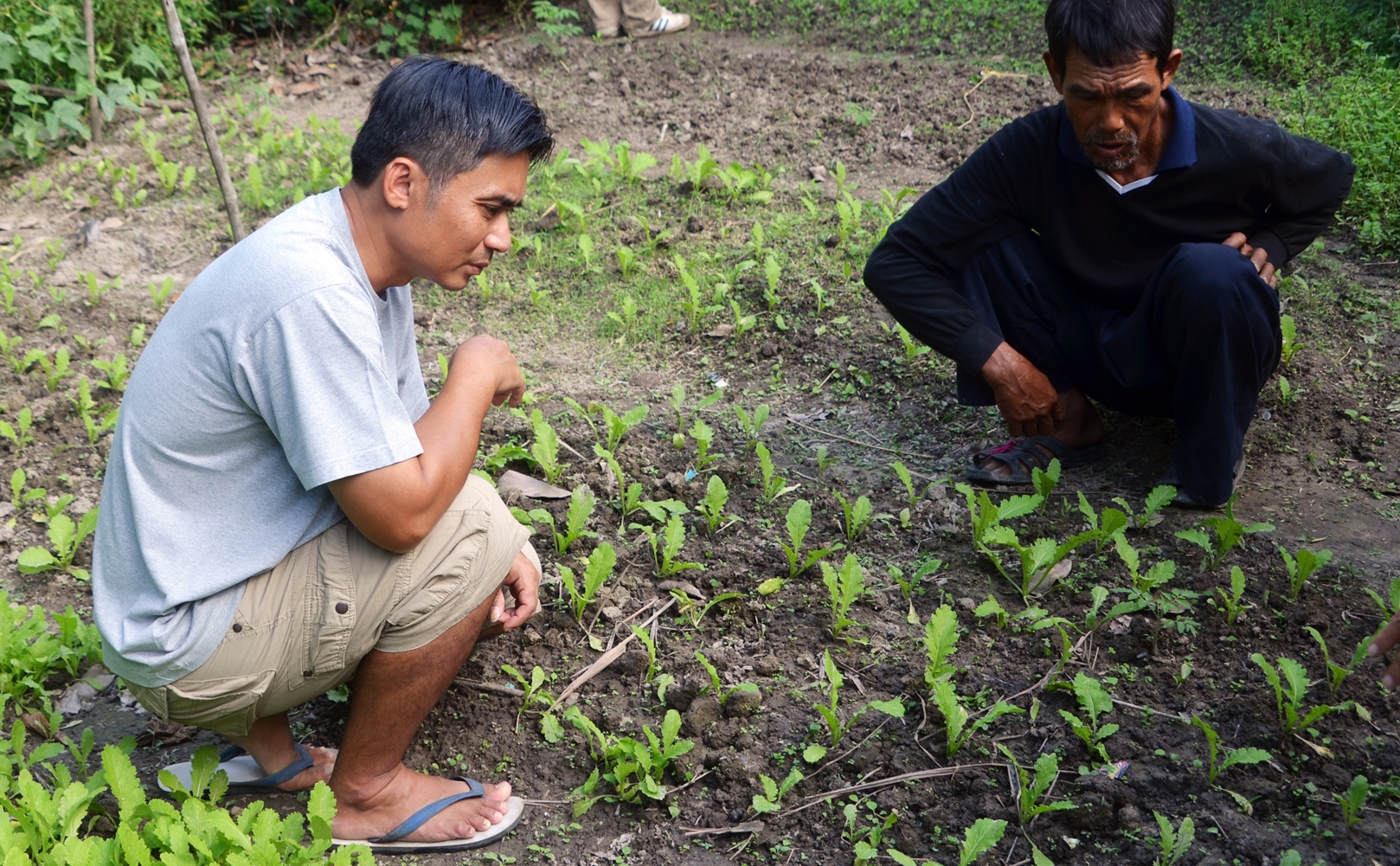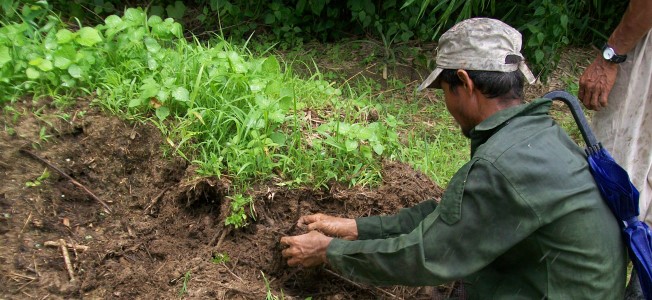Living in a metropolitan, we seldom pay attention on agricultural development. In fact, our lives are dependent on hard working farmers. Could you imagine what would happen if farmers all over the world take a one-week holiday?
Affected by chronic internal armed conflict, northern, southern and southeastern parts of Myanmar faced harmful consequences leading to destruction of community livelihood and land. Family can hardly stabilise their income, whereas many children were malnourished.
CEDAR’s partner, Myanmar Family Development Company Limited (MFDC), has been teaching community representatives from these areas organic farming methods that would restore soil quality and improve crop yield at their training centre near Yangon. In recent years, the training center began to apply teachings of the Bible to teach community representatives from these areas to practise crop rotation, in order to preserve Sabbath for land, recovery of soil quality and yield improvement.
Continue reading Week 2: Crop Rotation: Sabbath for the Land





